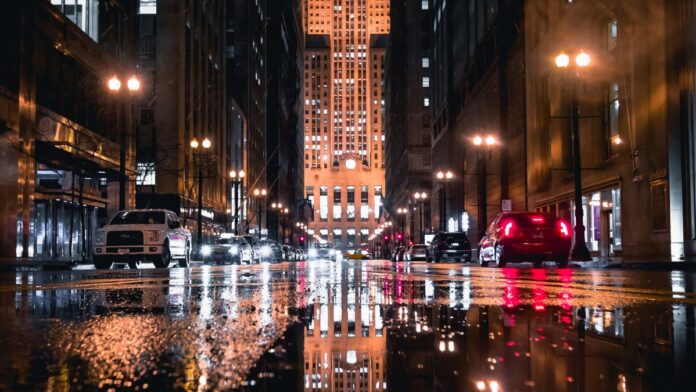Asian and Arab business groups in Philadelphia have filed a federal lawsuit against the city, challenging a late-night curfew they claim unfairly targets their businesses.
The lawsuit, filed by the Asian-American Licensed Beverage Association (AALBA) and the Arab American Business and Professional Association of the Delaware Valley (AAB), alleges that enforcement practices disproportionately affect minority-owned stores while sparing businesses in wealthier, predominantly white neighborhoods.
The curfew, which restricts operating hours for certain establishments in Kensington from 11 p.m. to 6 a.m., is part of the Parker administration’s broader effort to tackle issues in an area known as one of the country’s largest open-air drug markets.
Residents have long associated “stop-and-go” stores—small convenience or takeout shops selling alcohol—with crime, loitering, and other public nuisances.
However, the groups argue that the laws meant to deter criminal activity are penalizing law-abiding business owners instead.
The lawsuit claims some store owners fear reporting crimes near their premises after incidents like the one involving Riley Deli.
The store received a citation as a “nuisance business” when two individuals were arrested for selling drugs nearby.
Other citations have been issued for littered beer cans or people drinking near these establishments, further fueling the contention that enforcement is overly aggressive.
The AALBA and AAB represent over 100 businesses, many of which rely on liquor licenses to stay afloat.
According to the suit, even members who do not sell alcohol have faced curfew-related disruptions.
The groups seek an injunction to prevent city officials from enforcing the curfew, compensation, and a pause on liquor license renewal proceedings.
And this isn’t the first time Philadelphia’s stop-and-go regulations have faced legal challenges.
In 2018, more than two dozen Chinese-owned takeout restaurants sued the city over discriminatory curfew enforcement.
The lawsuit led to a $265,000 settlement and a commitment from officials to end curfew citations and provide implicit bias training for police officers.
City Council’s current curfew was enacted earlier this year, following recommendations from a state task force that proposed increased fines and additional enforcement officers.
The state and city have also required special permissions for liquor licenses, a practice dating back to 2005 under former Mayor John Street.
City officials, the Pennsylvania State Police, and the Pennsylvania Liquor Control Board (PLCB) have declined to comment on the lawsuit.
As the legal battle unfolds, its outcome could significantly influence both public safety strategies and the future of Philadelphia’s minority-owned businesses.





